2017-11-27
Leukopenia
Leukopenia refers to a condition in which the white blood cell count of the peripheral blood image is lower than 4000/cubic millimeter (4.0×109/L) for a long time, and is clinically characterized by easy fatigue and infection. The causes are usually caused by chemical and physical factors (radiotherapy, chemotherapy, etc.), drug allergies, bacterial and viral infections, and other diseases.
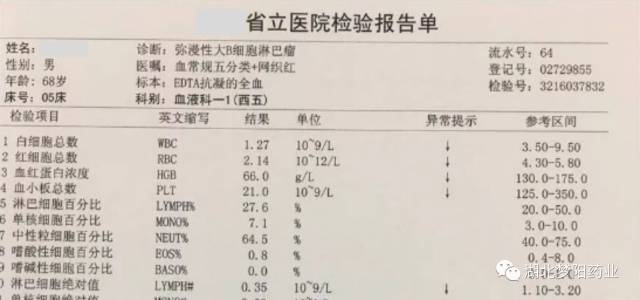
White blood cells are a type of blood cell that has a nucleation. The number of blood cells in a normal person is 4000-10000/μl (microliter), and the number of white blood cells in the blood varies greatly depending on the time of day and under different functional states of the body. When it exceeds 10,000 per microliter, it is called leukocytosis; Less than 4,000 per microliter is called leukopenia. Leukocytosis occurs when the body is inflammatory (i.e., inflamed); Leukopenia can be hereditary, familial, acquired, etc. Acquired is the majority. Drugs, radiation, infections, toxins, etc., can cause granulocytopenia, and drugs are the most common. Medication avoidance is to avoid leukopenia due to medication.
Causes of leukopenia
Western:
(1) Bone marrow injury:
1. Drug-induced damage: antitumor drugs and immunosuppressants can directly kill and proliferate cell populations, inhibit or interfere with granulocyte nucleic acid synthesis, affect cell metabolism, and hinder cell division. The direct toxic effects of the drug cause neutropenia and are dose-dependent with the drug. Other classes of drugs may also be directly cytotoxic or reduce granulocyte production through immune mechanisms.
2. Chemical poisons and radiation: chemicals benzene and its derivatives, dinitrophenol, arsenic, etc. have toxic effects on hematopoietic stem cells, X-ray and neutrons can directly damage hematopoietic stem cells and bone marrow microenvironment, resulting in acute or chronic radiation damage and granulocytopenia.
3. Immune factors: Autoimmune neutropenia is caused by autoantibodies, T lymphocytes or natural killer cells acting on different stages of granulocyte differentiation, causing bone marrow damage and granulogenesis disorders. Common in rheumatic and autoimmune diseases.
4. Systemic infections: bacterial infections such as mycobacteria (especially Mycobacterium tuberculosis) and viral infections such as hepatitis virus.
5. Abnormal cells infiltrate the bone marrow: cancer bone marrow metastasis, hematopoietic malignant diseases and myelofibrosis cause failure of bone marrow hematopoietic function.
6. Cell maturation disorders - ineffective hematopoiesis: such as folic acid and vitamin B12 deficiency, affecting DNA synthesis, bone marrow hematopoiesis is active, but cell maturation is stagnant and destroyed in the bone marrow. Certain congenital agranulocytosis and acute non-lymphocytic leukemia, myelodysplastic syndrome, and paroxysmal nocturnal hemoglobinuria also have maturation disorders that cause neutropenia.
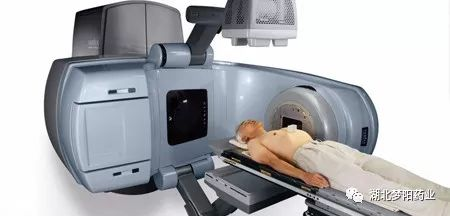
(2) Abnormal distribution of peripheral circulating granulocytes
(3) The demand for granulocytes in extravascular tissues increases, and the consumption accelerates
(4) Mixed factors
Such as chronic idiopathic neutropenia, cyclic granulocytopenia, etc. Clinically, the above three types of leukopenia are often mixed, and attention should be paid to analysis.
Chinese medicine
1. Kidney qi is insufficient, and the endowment is weak
2. Overwork, damage to the five organs
3. Poor diet hurts the spleen and stomach
4. Serious illness for a long time, loss of conditioning
5. Invasion of external evils
To sum up, the etiology is nothing more than internal injury and external infection, and the pathogenesis is nothing more than two factors: congenital and acquired. The key to innate lies in the kidneys, and the key to acquired lies in the spleen. This disease involves the heart, liver, spleen, and kidneys, and is mainly closely related to the spleen and kidney. Essence and blood are homologous, sperm and foot are vigorous, sperm deficiency is blood deficiency, spleen and kidney deficiency causes fatigue, dizziness, palpitations and susceptibility to fever。
Leukopenia is a TCM syndrome of "fatigue", "blood deficiency", "blood syndrome" or "vertigo". In ancient times, there were no similar names for diseases, and there were no specific discussions, but there were some symptoms that were recorded to be similar to this disease. As stated in "The Soul of the Sea": "If the sea of marrow is insufficient, the brain will turn to tinnitus, the shins will be sore, the eyes will not see, and you will be slack and lie down." "Lixu Yuanjian" mentions: "The legs are sore and the feet are soft, the steaming is hot, the evil qi in the chest is tight, and the food is not easy to eat." "Traditional Chinese medicine can be inspired and used as a reference for the treatment of this disease.

This disease is mainly due to physical insufficiency, overwork, and kidney qi injury; or eating disorders, fatigue and internal injuries, damaging the spleen and stomach; or emotional imbalance, too much work, heart and liver deficiency, or mistaken medicine and poison, contact with poison, and damage to dirty qi; or serious illness for a long time, depletion of qi and blood, etc., resulting in deficiency of yin and yang qi and blood in the viscera. The basic pathology is deficiency of the spleen and kidney, and lack of qi and blood.
The clinical research of this disease in modern Chinese medicine was first reported in the 60s. In 1965, a bloodwaffin preparation was used to treat leukopenia caused by radiation. In the 70s, the treatment was generally conducted from the perspective of spleen and kidney deficiency, and each family had different emphases depending on their own clinical experience. Recent reports have emphasized that it is best to combine syndrome differentiation therapy with drugs that have the effect of increasing white blood cells. It is also believed that the selection of these drugs must be carried out under the guidance of the principle of syndrome differentiation and treatment in order to improve the efficacy. The combination of disease differentiation and syndrome differentiation not only loses the characteristics of traditional Chinese medicine, but also absorbs the research results of modern medicine, which is an important reason why the treatment of this disease can be continuously improved by traditional Chinese medicine. Compared with Western medicine, traditional Chinese medicine not only has satisfactory short-term efficacy, but also has more consolidated long-term efficacy, so it has certain advantages.
Etiology and pathogenesis of TCM
Traditional Chinese medicine has a basic consensus on the etiology and pathogenesis of leukopenia, which is related to the heart, liver, spleen and kidney, among which the spleen and kidney are particularly closely related. Deficiency (i.e., spleen and kidney deficiency) is the root cause of leukopenia, in addition, heat poison invasion and blood stasis and coagulation are also important causes of this disease.
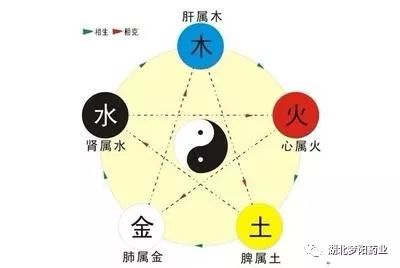
The spleen is the foundation of nurture, the source of qi and blood biochemistry, and the five internal organs depend on nourishment. If the kidney qi is insufficient, the medullary sea is not full, the essence and blood are homologous, and the production of qi and blood is also affected. Spleen deficiency, the subtle nourishment function of Yunhua water valley is abnormal, which can lead to the weakness of kidney qi; On the contrary, if the kidney yang is insufficient, the spleen and yang cannot be warmed, and the two affect each other, resulting in deficiency of the spleen and kidney, and the deficiency of qi and blood.
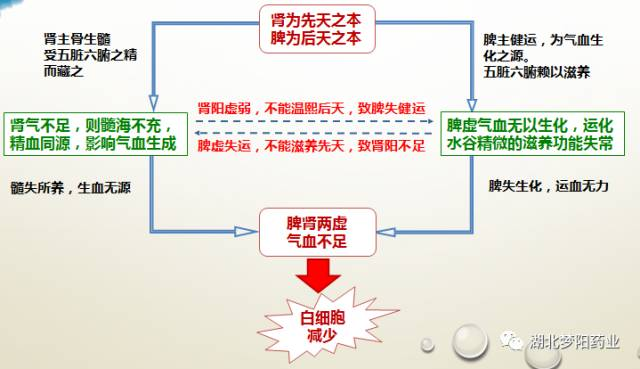
Treatment of leukopenia with traditional Chinese medicine
Efficacy criteria
At present, the evaluation criteria for the efficacy of leukopenia are basically the same, and the comprehensive criteria are as follows:
Efficacy: Symptoms disappeared or basically disappeared, and the total number of white blood cells increased by 2.0-3.0×109/L, and the total number reached more than 4.0×109/L.
Effective: Symptoms improved, the total number of white blood cells increased by 0.5-2.0×109/L, and the total number did not reach 4.0×109/L.
Ineffective: Perceived improvement at the end of the symptom or temporary improvement, the total number of white blood cells increased by 0.5×109/L or less.
Classical prescription treatment
Raw white oral liquid
1. Composition: Epimedium officinalis, psoralen, aconite (preparation), wolfberry, astragalus, chicken blood vine, madder, angelica, reed root, wheat winter, licorice.
2. Treatment course: 14 days for a course of treatment, 40ml/time, three times a day.
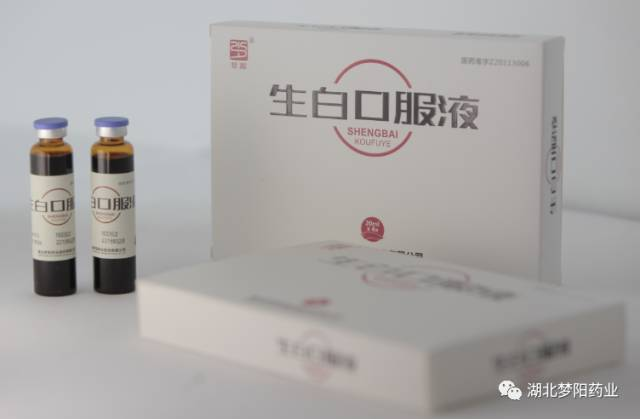
3. Advantages of clinical application:
a. Oral dosage form, by nourishing the bone marrow, restores the hematopoietic function of the bone marrow.
b. Efficacy can be assessed using a quantitative measure (white blood cell count).
c. Concomitant administration with chemoradiotherapy effectively reduces the incidence of leukopenia.
d. Effectively reduces the degree of leukocytosis.
e. Combined with the white needle, it can reduce the amount of white needle and make the effect more sustainable.
Inventor - Professor Shao Mengyang
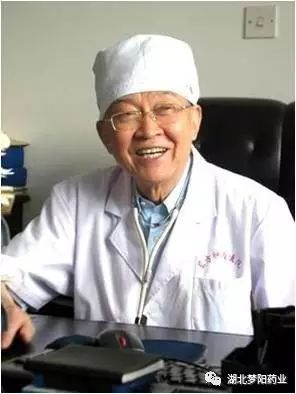
•In 1990, he was elected as the "Vice President of the International Association for Cancer Rehabilitation"
•In 1991, after decades of clinical experience, Shengbai oral liquid (mixture) was invented and won the gold medal of the Global Anticancer Drug Conference in Germany
•In 1992, he was one of the first batch of experts with outstanding contributions and enjoyed the special allowance of the State Council
•Former Director of the New Drug Research Center of the Chinese Association of Traditional Chinese Medicine
•Former National Vice Chairman of the Oncology Branch of the China Association of Traditional Chinese Medicine
•5 monographs and more than 100 papers
•Developed a series of anti-cancer prescription drugs: Stomach Clear Gum, Ketum Qing, Fuzheng Capsule, Liver Qing Pill, Lung Qing Pill, etc
•In 2012, it was approved as the "National Famous and Old Chinese Medicine Expert Inheritance Studio"
Production process - the first prize of the National Science and Technology Progress Award
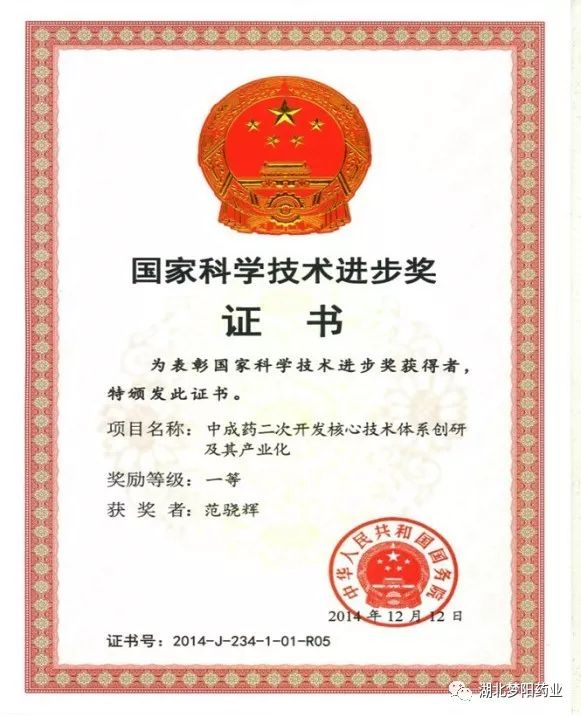
Mengyang Pharmaceutical Extraction Workshop has introduced the core technology of "secondary development of traditional Chinese medicine" - modern automatic extraction technology of traditional Chinese medicine, which won the first prize of National Science and Technology Progress Award in 2014, and this technology is also the first to be applied to the production of oral preparations.
Dietary contraindications
Patients with leukopenia mostly fall under the category of TCM deficiency syndrome or fatigue, so the following foods should be avoided:
1. Persimmon: The fruit of the Great Cool, it is very easy to damage the spleen and stomach Yangqi, and those who have leukopenia should not take it.
2. Water chestnut: cold, broken accumulation and gas consumption products, weak people with leukopenia, avoid eating. People who are tired of leukopenia should not eat too much.
3. Betel nut: It is the fruit of breaking the qi and hurting the righteousness. Those with weak leukopenia should not take it.
4. Peppermint: a spicy and cool product, dissipating wind and heat dissipation, only laxative but not replenishing. Therefore, all debilitating diseases, including leukopenia, should be avoided.
5. Mustard greens: also known as snow ferns, folk people regard it as a hair thing, there are disadvantages of gas consumption and injury, so the weak and the people with leukopenia should not eat more.
In addition, people with leukopenia should also avoid eating raw radish, radish tassel, ground skull, bitter gourd, kumquat and other gas-consuming and harming products; Also avoid eating pepper, chili, cinnamon, dogwood, grass cardamom, long eggplant and other spicy, warm, dry and irritating foods; It is also avoided to eat raw melon, chrysanthemum, banana, crab, mussel meat, snail and other foods that are cold and damage the yang and hurt the spleen.
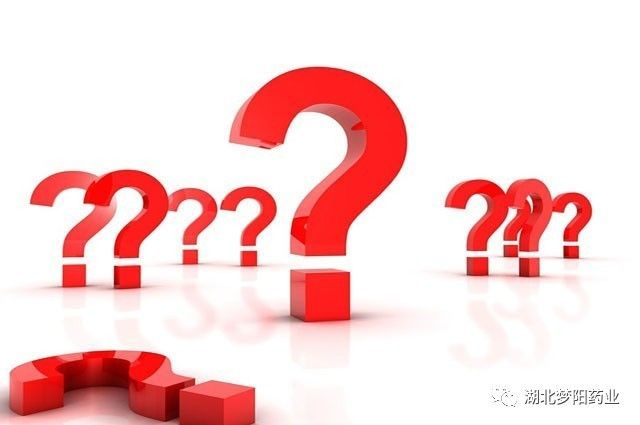
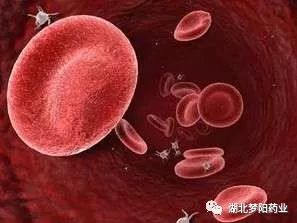
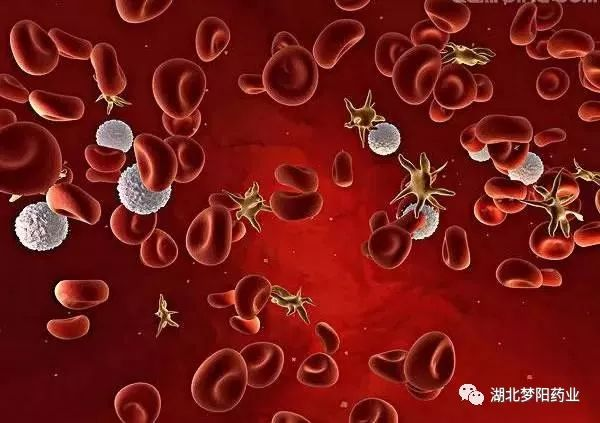
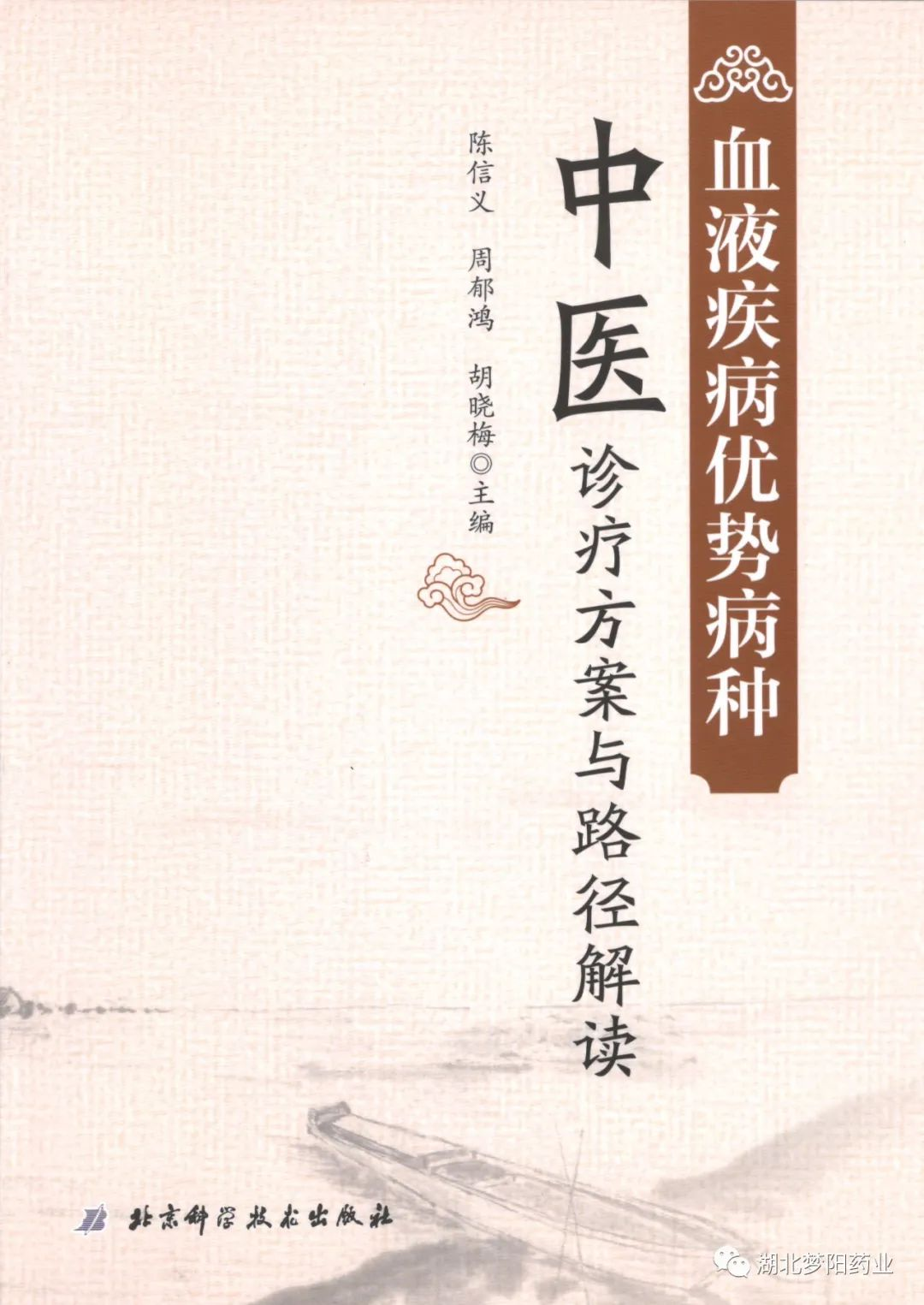


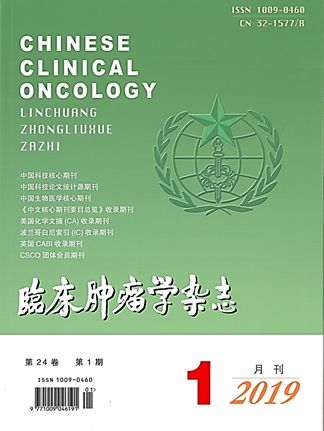
COPYRIGHT© 2022 Hubei Mengyang Pharmaceutical Co., LTD. All Rights Reserved E ICP 11014915; Internet Drug Information Service Certificate No. : (E) - Non-business -2016-0032
Technical Support: SUMA
